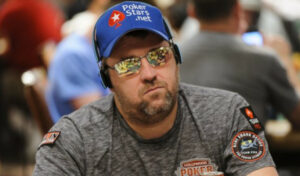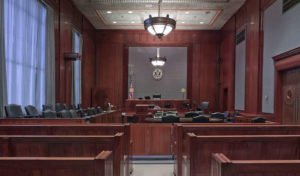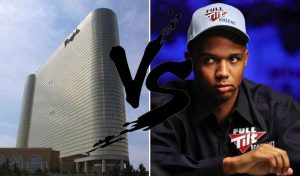A six-year-long court battle between poker legend Phil Ivey and the Borgata Hotel Casino & Spa may have been settled.
Phil Ivey and Borgata Reportedly Settle
Professional poker player Phil Ivey and the Borgata have reportedly settled a six-year lawsuit which alleged that Ivey, one of the richest poker players in the world, had teamed up with Cheung Yin “Kelly” Sun to devise a way that allowed them to have a significant edge over Borgata croupiers while playing baccarat.
Back in 2012, Ivey and Sun managed to win $9.6 million from the Borgata Hotel Casino & Spa prompting the casino to look into the case. Upon examining the circumstances, the Borgata claimed that Ivey had spotted a small variation to the pattern of the printed backs of the cards, allowing him to “game the house.” Interestingly, a Genting Group-owned casino in the United Kingdom also accused Ivey of cheating and filed a lawsuit against him in 2013.
The case and ensuing disagreement prompted Borgata to seek legal recourse against Ivey and filed a lawsuit, which would begin a battle in court lasting until allegedly today.
Mac VerStanding, an attorney who specializes in gaming issues, has argued that he was surprised that Ivey and Borgata took so long to reach an agreement as, according to him, there was no outcome that would have favored either party.
According to VerStanding, he was surprised to see the case press on when, the costs of doing so would have been more devastating than any potential gain. VerStanding explained that “cooler heads normally prevail sooner,” speaking to PokerNews, a publication focused on poker to which he often contributes.
A Fraught Lawsuit at Best
The lawsuit itself wasn’t without its twists and turns. The height of the battle took place between 2014 and 2016, with the Borgata demanding that Ivey and his partner returned $10 million in winnings for allegedly “edge sorting.” Now, nobody really accused Ivey of actually marking the cards, but Borgata did stipulate that by rotating the cards, Ivey had been able to “mark” them in his head, spotting the imperfections in their decision instead.
However, the defendants refused. While the case was ongoing, sources had said Ivey was close to losing the appeal and end up paying Borgata the required amount, and possibly even more in damages.
Borgata even gained a permission to seize Ivey’s Nevada winnings out of a $50,000 Poker Players Championship, but the player was smart and he quickly moved his money in overseas accounts barring Borgata from making demands on his fortune.
Too Many Unknowns for Comfort’s Sake
While both parties would have wanted to have it their own way, there were some extenuating circumstances they most likely had to acknowledge. First, the price of running a six-year-old lawsuit means a piling amount of court fees.
Secondly, the case would have looked like a Jarndyce vs Jarndyce situation, a lawsuit in which the trial continues drags for so long that, by the time it’s settled, the winner may end up covering the legal fees with the amount won in court.
There was another concern some in the poker community, including Mac VerStandig, pointed out. If Borgata had lost the “cheating case,” this could have created a dangerous opportunity where any other claim issued by MGM Resorts, the casino’s parent company, could have resulted in defeat because of a possible precedent established in the Ivey case.
However, the information about the settlement has not yet been substantiated, as PokerNews and NJ Online Gambling both reported.







